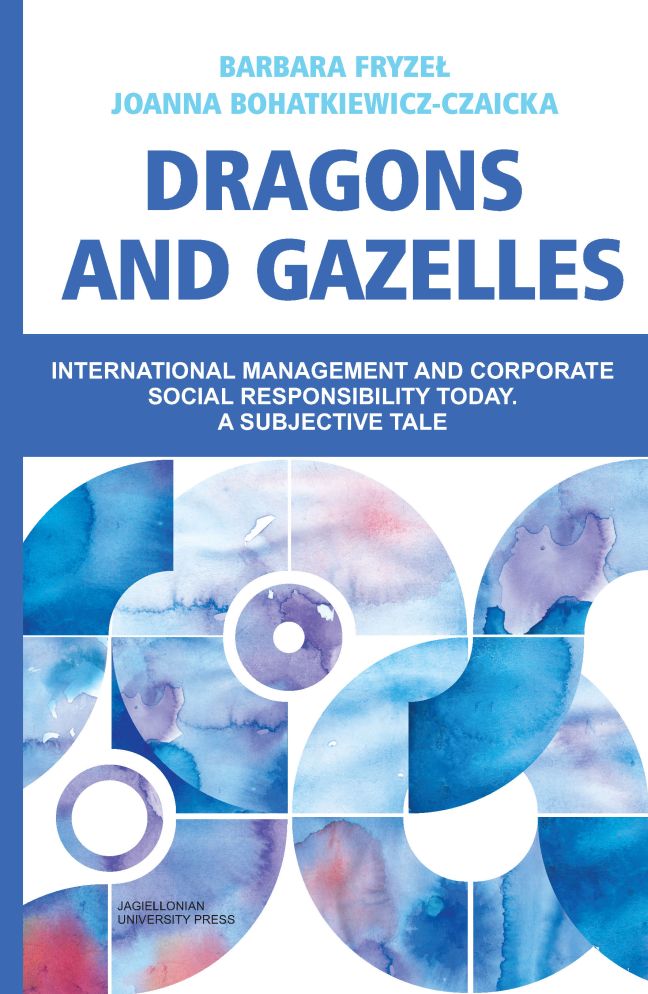 Dragons and Gazelles
Dragons and Gazelles Book contents
- Frontmatter
- Contents
- International Management Seen Holistically. Introductory Remarks
- The International Business Environment
- Capital Concentration: A Pre-Requisite or a Consequence of the Development of Transnational Corporations
- The Mechanisms of Internationalisation
- Global Marketing and Shaping Customers
- Cultural Aspects of a Global Market
- Social Perspectives of Business Internationalisation
- The Globalisation Project, Management and Crisis
- Case Studies
- References
- Appendix
- Index
- Miscellaneous Endmatter
The International Business Environment
Published online by Cambridge University Press: 01 March 2024
- Frontmatter
- Contents
- International Management Seen Holistically. Introductory Remarks
- The International Business Environment
- Capital Concentration: A Pre-Requisite or a Consequence of the Development of Transnational Corporations
- The Mechanisms of Internationalisation
- Global Marketing and Shaping Customers
- Cultural Aspects of a Global Market
- Social Perspectives of Business Internationalisation
- The Globalisation Project, Management and Crisis
- Case Studies
- References
- Appendix
- Index
- Miscellaneous Endmatter
Summary
The story of a certain pencil
Milton Friedman, one of the key figures in neoliberalism, mentions a famous essay by L.E. Read called I, Pencil… in a series on economics entitled Free to Choose (1980). The author describes the story of how a seemingly trivial product such as a pencil is created. It is an exemplification of a complex production process which is dependent on international cooperation and sourcing of inputs, and is based on a free market pricing system which enables cooperation between independent entities reacting to the dynamics of demand and supply. This creates an environment for creativity to flourish. In a sense, it is a history of the global division of labour, but also an illustration of how the concept of the “invisible hand”, dispersed knowledge and the pricing system operate.
The mechanisms of international co-operation, which should ideally result in products of optimal quality and price, require the free flow of goods, services and production factors—both tangible and intangible. The more this freedom is granted, with the accompanying unrestricted international movement of capital, the more the market becomes global and borders blurred. Such is the process of globalisation, understood as the crafting of a global economy based on integration as well as investment, trade and information flows. A key tenet of a global market is thus an increasing interdependence of the international market actors.
The concept of the global economy can be best illustrated by key words such as proximity, location and a global mentality in both an organisational and an individual sense.
Proximity can be interpreted in the context of shrinking space for competition and a smaller distance to consumer markets.
It is a result of communication and technological advancement which makes geographical distance less of an issue and makes access to consumers much easier, but at the same time makes competition more intense.
The significance of location refers to the strategic ability to locate given elements of the value chain in such geographical locations which offer optimal conditions for a specific industry and business model in which a comparative advantage exists.
- Type
- Chapter
- Information
- Dragons and GazellesInternational Management and Corporate Social Responsibility Today. A Subjective Tale, pp. 13 - 28Publisher: Jagiellonian University PressPrint publication year: 2023
